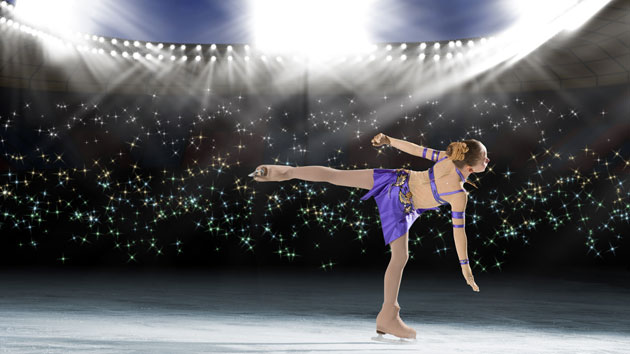
Khakimullin Aleksandr/Shutterstock
Which sport is more corrupt, ski jumping or figure skating? Normally, my rule of thumb is that the higher up the world ladder you go (local vs. national vs. international) the more corrupt a sport becomes. Thus, I would have guessed that a sport in which the international federation chooses judges would be more corrupt than one in which national federations choose judges. But no! Eric Zitzewitz has compared two sports and finds just the opposite:
Ski jumping has its international federation select the judges for competitions like the Olympics, and I find that they select the least biased judges. Figure skating lets its national federations select the judges, and my research showed that they select the most biased judges.
This creates different incentives for judges. Ski jumping judges display less nationalism in lower-level competitions — it appears they keep their nationalism under wraps in less important contests to avoid missing their chance at judging the Olympics. Figure skating judges are actually more biased in the lesser contests; they may actually
be more biased than they would like to be due to pressure from their federations.
It turns out that ski jumping judges are biased, but the other judges are mostly biased in the other direction, so everything ends up even. Having an American judge doesn’t help American jumpers. Figure skating is just the opposite. Not only are national judges biased, the other judges all go along. If an American judge is on the panel, American skaters get higher marks from the American judge and also get higher marks from all the other judges:
Of all these results, I am most intrigued by the contrast between the ski jumping judges undoing each other’s biases and the figure skating judges reinforcing them. When we make decisions in a group at work, we often encounter individuals with strong biases — say to hire a particular type of job candidate. When we do, we have a choice. We can act like a ski jumping judge, and resist the bias, in an effort to keep things fair. Or we can act like a figure skating judge and say “hiring this guy really seems important to Joe, I wonder what he’ll give me in return if I go along.” We have probably all seen examples of both in our lives.
There’s a small mountain of other evidence that figure skating is hopelessly corrupt, and has aggressively protected that corruption ever since the judging scandals of 1998 and 2002. Zitzewitz has the evidence if you read his entire post.
But corruption can only go so far. That 15-year-old Russian figure skater, Julia Lipnitskaia, is so good that even I could tell how good she was when she skated in the team competition. All the corruption in the world couldn’t have robbed her of the top score.















